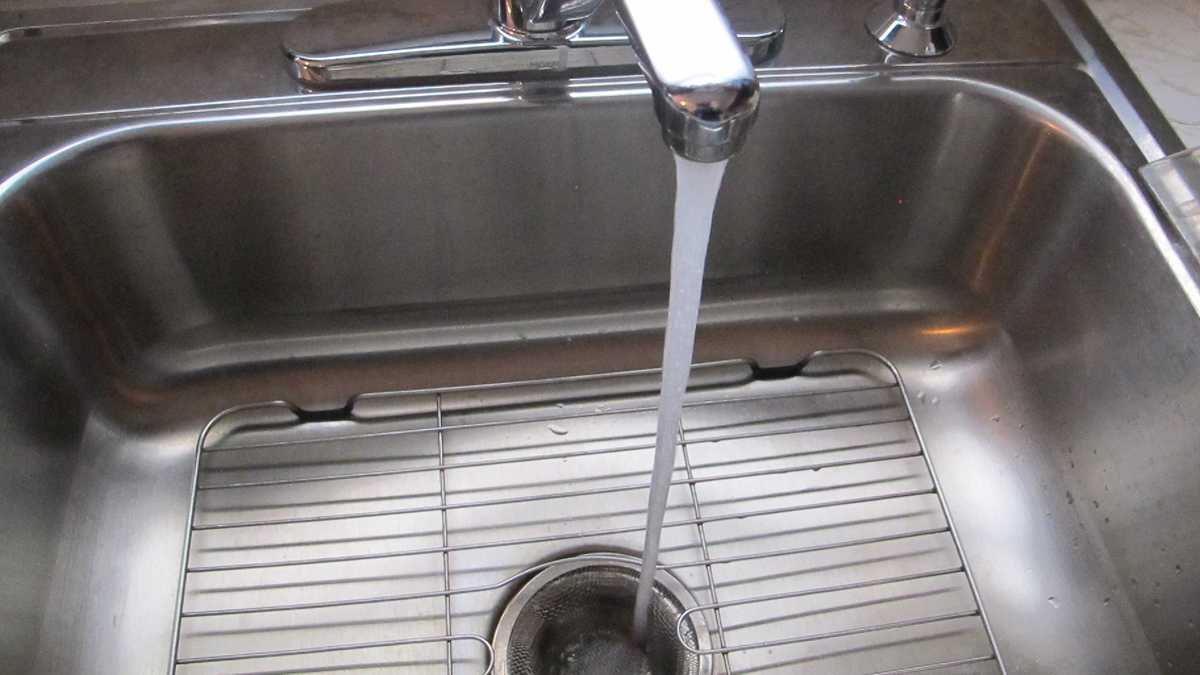Flint water crisis renews concerns of lead contamination in New Jersey

(Phil Gregory/WHYY)
The state needs to step up its efforts to reduce childhood lead poisoning, including exposure to lead in water, a problem that falls disproportionately on the urban poor, advocates said yesterday.
According to a legislative hearing called in the wake of an outcry over contamination of drinking water in Flint, MI, thousands of kids in New Jersey suffer elevated blood-lead levels, most as a result of exposure to peeling lead-based paint in older structures in urban areas.
“We want to make sure we are doing everything we can to protect people from lead,’’ said Assemblyman Herb Conaway (D-Burlington), the chairman of the Assembly Health and Senior Citizens Committee. “It’s a scourge we have to take on.’’
Ostensibly, the hearing focused on water-quality issues, particularly lead, but it also focused at times on other pollutants affecting drinking water, the level of testing for contaminants, and what happens and at what cost when problems are detected.
Lead prevention advocates also renewed their call on the Christie administration to keep its hands off $10 million in lead-control funds, which have been diverted to other uses in recent state budgets.
“You can spend money now, or you can spend later,’’ said Staci Berger, president and chief executive officer for the Housing and Community Network of New Jersey. “We can absolutely fix this if we put the resources into it.’’
While lead paint in homes is the source of most lead poisoning, lead in water is an issue that needs to be addressed, advocates said. Camden’s school district is spending $75,000 a year on bottled water because of concerns of lead in drinking water, Berger said.
Older service lines that bring water from the curb to homes remain a problem. Reducing those levels is not going to be a cheap proposition, said Daniel Van Abs, an associate professor at Rutgers University and a member of the State Clean Water Council. (Van Abs is a regular contributor to NJ Spotlight.)
Without a doubt, lead is finding its way into drinking water in homes because of lead or lead solder in lines running into the house, Van Abs said. Is lead in plumbing causing a problem? “In general, no,’’ Van Abs told the Assembly Health and Senior Services Committee.
Some water utilities in the state are adding anti-corrosive agents to their drinking water to reduce lead levels in their supplies, Van Abs said.
But he and others argued the state’s concerns with drinking water range far beyond lead. When aging water mains break, other contaminants often pop up in supplies, and municipal water utilities can often be pressured to minimize the harm from polluted water.
“The lead issue is only one piece of the entire structure,’’ Van Abs said. Tens of billions of dollars will be needed to modernize aging water systems, including replacing lead service lines, he added, plus the private costs to deal with lead-based problems within the home.
“All of this is going to drive water and sewer rates up,’’ Van Abs said. And those costs will fall on those least able to afford the added expense, he noted.
“We have a system that’s broke,’’ said Jeff Tittel, director of the New Jersey Sierra Club. The state has identified many pollutants found in drinking water supplies, but has not yet established maximum contaminant levels for those substances.
____________________________________________________________________
NJ Spotlight, an independent online news service on issues critical to New Jersey, makes its in-depth reporting available to NewsWorks.
WHYY is your source for fact-based, in-depth journalism and information. As a nonprofit organization, we rely on financial support from readers like you. Please give today.




